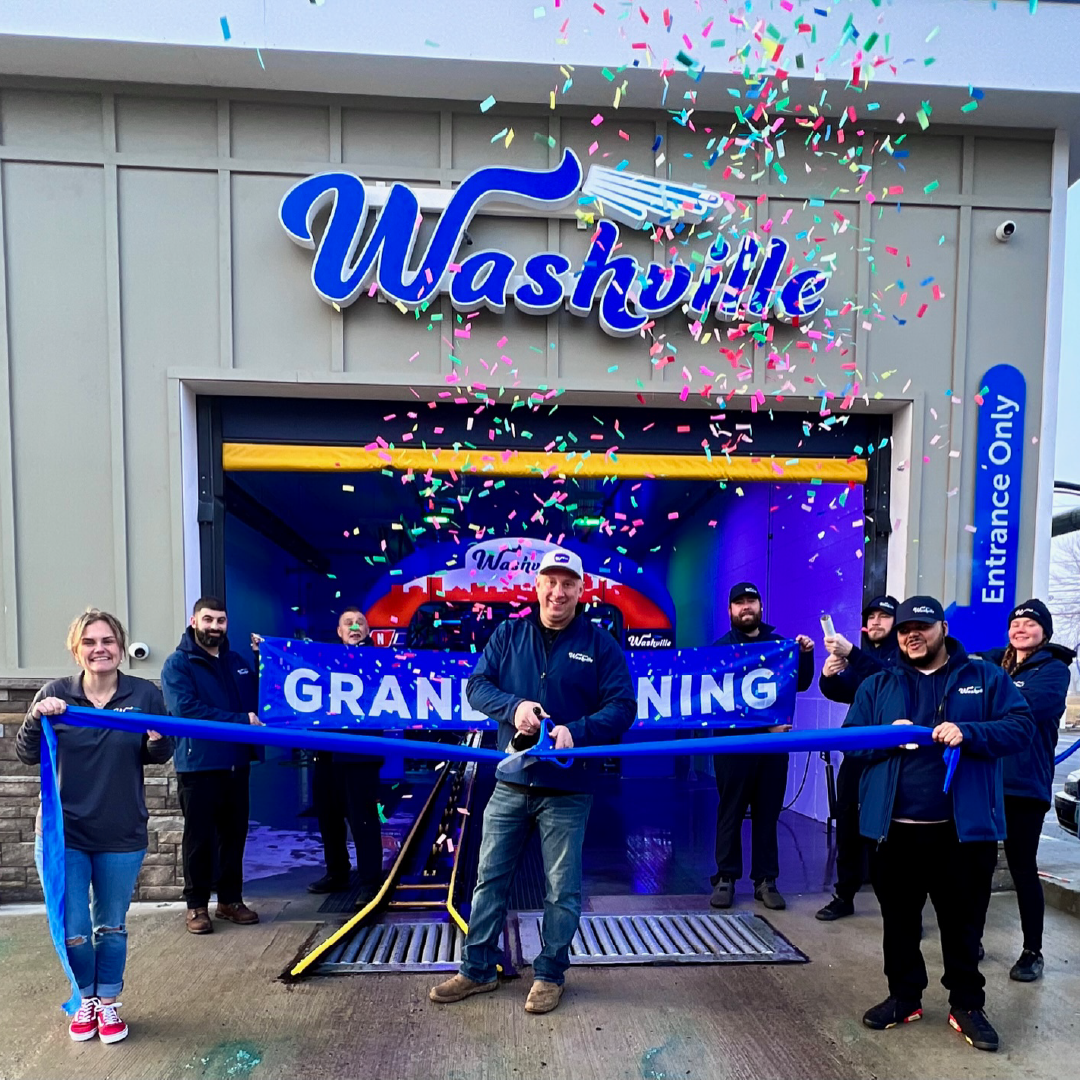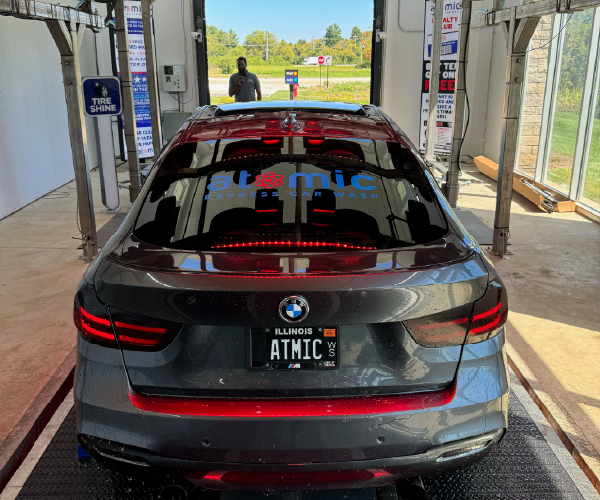
Big Idea
April 1, 2016
6 minute ReadThings are looking up. For the first time in almost 10 years, the U.S. Small Business Administration reported the number of business openings outpacing closings. Small businesses are driving these trends, making up a hefty 99.7 percent of U.S. employers and creating 63 percent of new private-sector jobs.
Acquiring capital to fund your new business venture can be one of the most challenging aspects of starting a business. For many potential entrepreneurs lacking connections and collateral, the game is over before it even starts. But a lack of assets doesn’t have to mean the end of your business aspirations. There are a growing number of opportunities to acquire startup capital to fund your next big idea.
Often the first place to start is with your own personal funds. You don’t experience the discomfort of asking for money, you are not responsible to anyone else and the cash flow is readily available. Some exuberant entrepreneurs, such as Lori Cheek, a NYC-based architect turned entrepreneur and founder and CEO of ‘Cheekd,’ take personally funding their startup to the extreme. Cheek made unheard of financial sacrifices to keep her vision alive: depleting her savings, selling her designer clothes, picking up odd jobs and renting her apartment while couch surfing herself.
A more common approach to personally financing your business comes in the form of credit cards, making up roughly 7 percent of all startup capital according to the SBA. Ian Wright, founder of MoverDB.com, an international moving comparison website, used personal credit cards to provide the funds for his company. After finding banks reluctant to lend to an online-only business, Wright took advantage of the sizable amount of credit, low monthly repayment costs, and minimal paperwork using a personal credit card offered. Wright quickly found that using a personal credit card is not without its disadvantages. Total debt levels can grow quickly and you are personally liable for all debts, even if your business fails. “Fortunately, my initial business plan worked and the business is now just self-sufficient,” said Wright. While Wright said he would use credit cards again if he had to, he does admit it is a high risk move. “I had a pre-set limit in my head about how much I was willing to lose… I would advise anyone else not to risk more than they are personally happy enough losing,” Wright said.
Traditional bank loans are still the most common route to starting a small business, amounting to 51 percent of small business loans in 2012 according to the SBA. But lending terms and conditions remain relatively tight compared to pre-recession conditions and the most recent TAB Small Business Pulse Survey shows that insufficient collateral and poor credit scores lead to being declined for external funding. Romy Taormina, CEO of Psi Bands, drug-free wrist bands for the relief of nausea, aligned her business with a local community bank for her initial loan. While a startup, she did have the advantage of presenting the bank with a large order from a major drugstore chain. She approached a local bank as opposed to a national bank because the local bank had a vested interest in supporting a local entrepreneur. After closing out the loan she opened a revolving line of credit with her local bank to help keep up with manufacturing.
Some business owners face continual rejection when seeking bank loans, and instead turn to money from family and friends to help launch their business. While those closest to you may be first in line to show their support with a check in your name, be careful not to let familiarity get in the way of business. Set your terms in writing as if you were accepting a loan from a bank, with clear parameters for paying back the loan. Closely examine any offers, even when given with the best of intentions, and be sure the lender can afford to lose the money given if your business venture fails.
Once you get your business up and running, an extra shot of funding can help boost your company to the next level. Angels are accredited investors who are qualified based on federal securities law. A quick internet search by state will bring up lists of angel investment groups in your area to pitch your business plan. When deciding on an investor to work with, take time to get to know the person behind the capital before accepting any funds. A well selected angel investor can bring industry experience, connections and invaluable information.
Accepting funds from an angel investor requires giving up equity, which some business owners are unwilling to do. Bryan Clayton, CEO of GreenPal, feels fortunate that his initial attempts approaching angel investors failed. “We went on the fundraising circuit talking to angel investors and venture capitalists, begging for money to get started. However, our vision was just too broad in scope and luckily we got turned down and told no over 40 times,” said Clayton. After using a personal line of credit to start his business, he was able to pay off his debt in the first year and will surpass $3 million in annual revenue this year. Had Clayton used investors’ capital, he would have lost control of up to 30% of his business.
Other funding options to explore include state and federal loans and grants for small businesses. Romy Taormina was awarded the Huggies MomInspired Grant, a $15,000 grant, which allowed Psi Bands to move out of her home-based office to an offsite location. John Publicover, managing director of Storedby Inc., took advantage of numerous business competitions across the state of Florida, gaining capital, reputation, and market knowledge without having to give up equity.
Those in the later stages of business pursing scaling opportunities can seek out venture capitalists who have moved their focus to businesses in the expansion phase. Venture capital investors want to see an incredibly high multiple on their investment and typical offer money with terms that can be more aggressive than other sources of funds. The constraints around the money can be severe, and if goals are not met you may be at risk of losing your company.
Funding a new business often takes more than one form, and typically evolves as a business grows. A small business owner should consider what is best for their business and their personal finances. “One needs to decide how much they can or are willing to go into debt and how much risk they are willing or unwilling to take. Are they willing to assume risk to avoid giving up equity? Are they unwilling or unable to assume this risk and must seek other options?” said Taormina. No matter what the sources of capital, how quickly your business needs the funding and how much you need should help inform your decisions.
Crowdfunding
Crowdfunding combines the power of social media with the immediacy of online banking to create a powerful fundraising option for small businesses. Makenzie Marzluff, founder of Delighted By Hummus, took her business to the next level using the Kiva platform.
“Kiva provides MicroLoans to entrepreneurs by using their network to determine ‘credit-worthiness.’ A Kiva trustee can nominate you, and then after a simple non-credit-based application, your campaign begins. On the Kiva platform, you raise up to $10,000 from friends, family and community. The coolest part is that it’s a zero percent interest-free loan, which will get repaid directly back to your funders.
I ended up putting together a little video to send out to my direct contacts. My Kiva campaign was successful in less than two weeks, and from there it only took two days to get the cash to our business bank account. I got $10,000 to help us start the transition to a bigger space and better equipment.”







